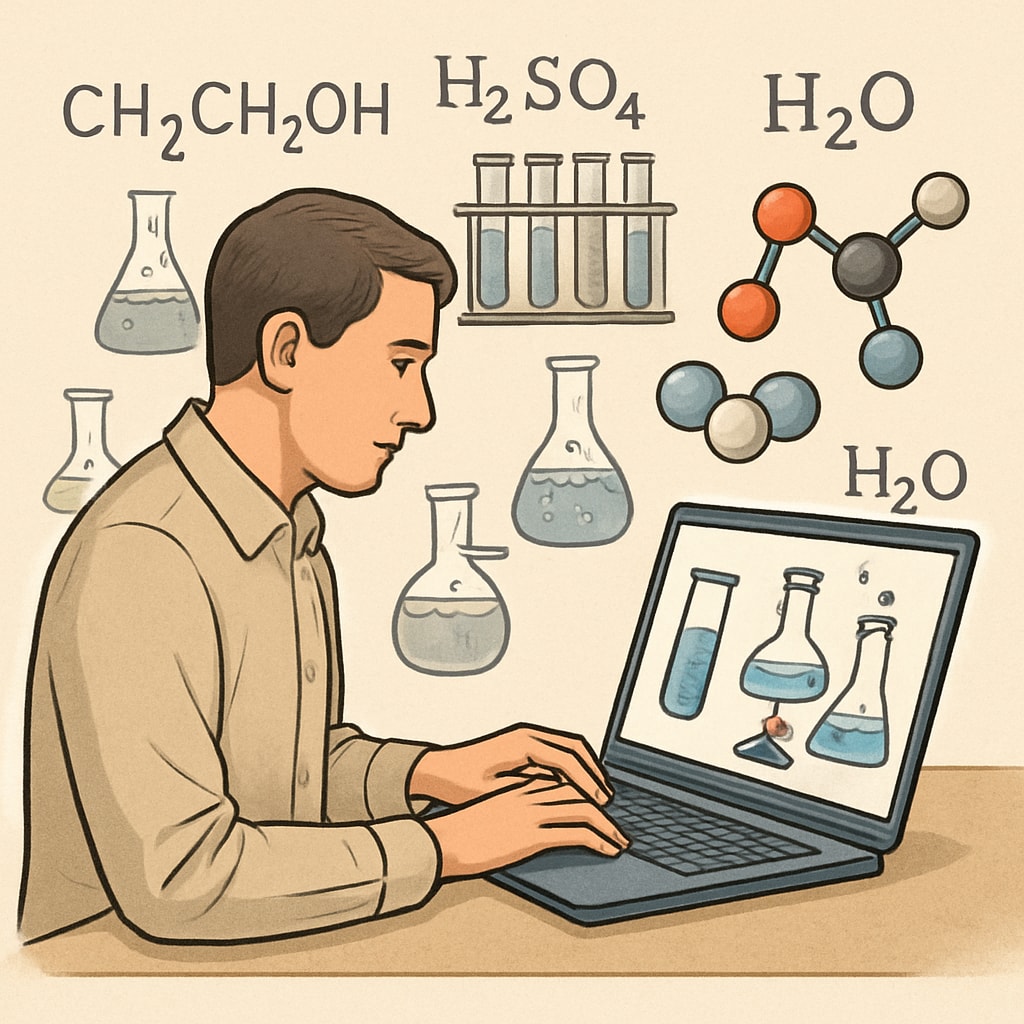For adult learners planning to return to education, finding effective learning resources for math review and refreshing science knowledge can be challenging. Many face the hurdle of bridging the gap left by years away from academic environments. Fortunately, with tailored strategies and modern educational tools, adult learners can rebuild their confidence and skills, making the transition smoother and more fulfilling.
Understanding the Needs of Returning Adult Learners
Adult learners often have unique needs compared to traditional college students. Their challenges may include balancing education with work or family responsibilities, overcoming self-doubt, and relearning foundational concepts. For example, visual learners—those who process information better through graphs, diagrams, and images—may struggle if resources do not cater to their preferred learning style.
Learning strategies designed specifically for adult learners can make all the difference. Tools like interactive videos, apps, and visual aids help simplify complex concepts and engage learners effectively. Platforms such as Khan Academy and Britannica offer free resources that blend visual learning with structured instruction.

Effective Math Review Techniques for Adult Learners
Math is often a subject where long gaps in practice can lead to anxiety. Adult learners can combat this by starting with foundational concepts such as arithmetic and algebra, before progressing to more advanced topics like calculus or statistics. Breaking these down into manageable sections is key to avoiding overwhelm.
Consider these practical techniques:
- Utilize educational apps like Wolfram Alpha or Brilliant for interactive problem-solving.
- Follow online courses that focus on step-by-step instruction, such as those offered on Coursera or Udemy.
- Engage in peer-to-peer learning groups or forums where learners can share insights and solve problems together.
These methods not only enhance understanding but also build long-term retention.
Refreshing Science Knowledge with Modern Tools
Science subjects, particularly physics, chemistry, and biology, often require hands-on learning and visualization to grasp abstract concepts. Adult learners can benefit significantly from virtual labs, simulations, and educational videos.
Some recommended resources include:
- National Geographic for engaging videos and articles on biology and environmental science.
- Interactive tools like PhET Simulations for physics and chemistry concepts.
- Online communities such as Reddit’s r/Science for discussion and resource sharing.
By integrating technology into their study routine, adult learners can make science learning immersive and enjoyable.

Building Academic Confidence
Returning to education is not just about knowledge; it’s also about rebuilding self-confidence. Many adult learners struggle with self-perception, feeling they are “too old” or “out of practice” to succeed. However, small, consistent wins—such as mastering a single math concept or completing a science module—can significantly boost confidence.
In addition to individual study, mentorship programs and support groups can provide encouragement and accountability. Universities often offer specific resources for adult learners, including tutoring and workshops.
Ultimately, persistence and the right resources are key to success.
Readability guidance: Use short paragraphs and bullet points to summarize ideas. Keep sentences concise and integrate transition words for flow (e.g., however, therefore, for example). Ensure that visual aids, like charts or apps, are recommended to enhance learning efficiency.


